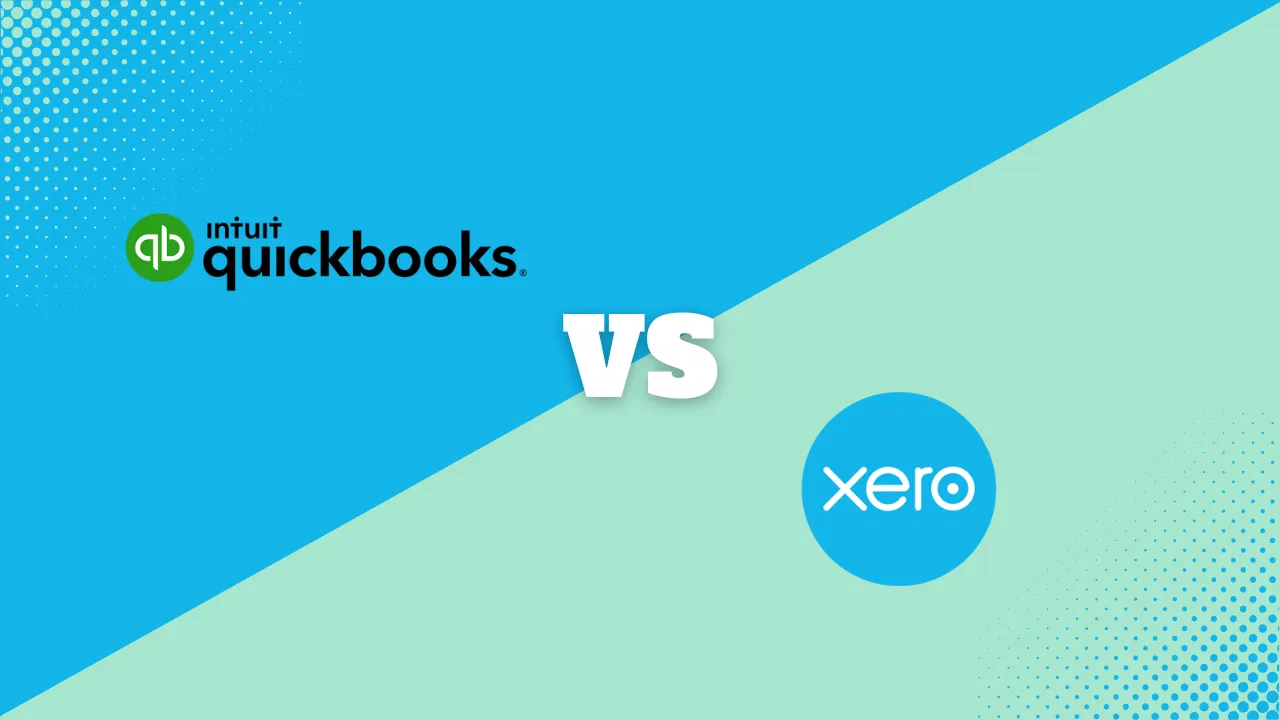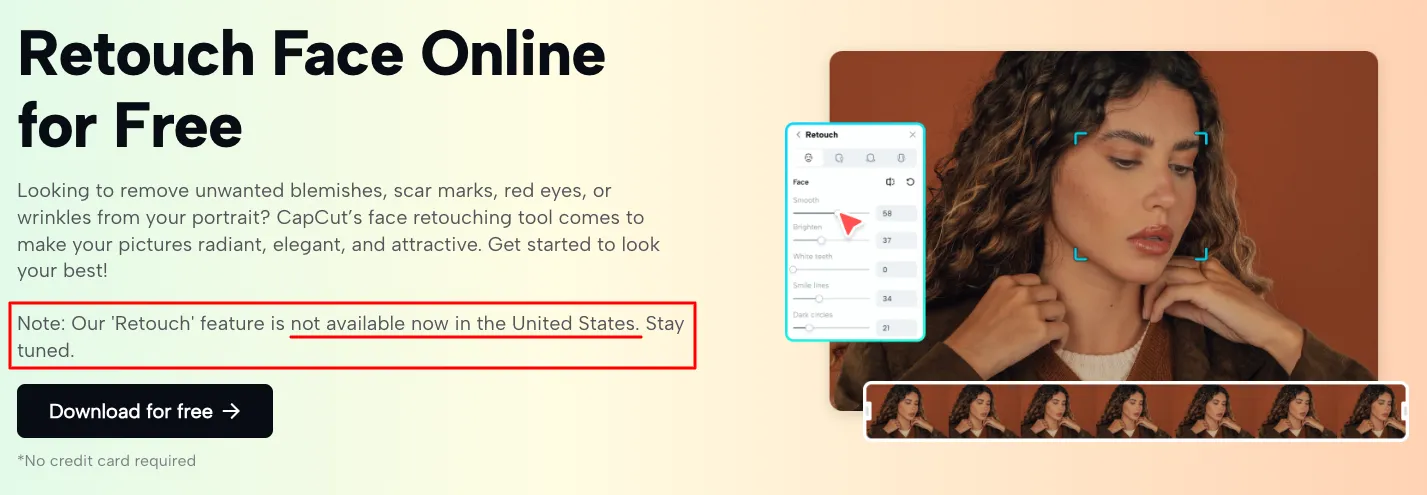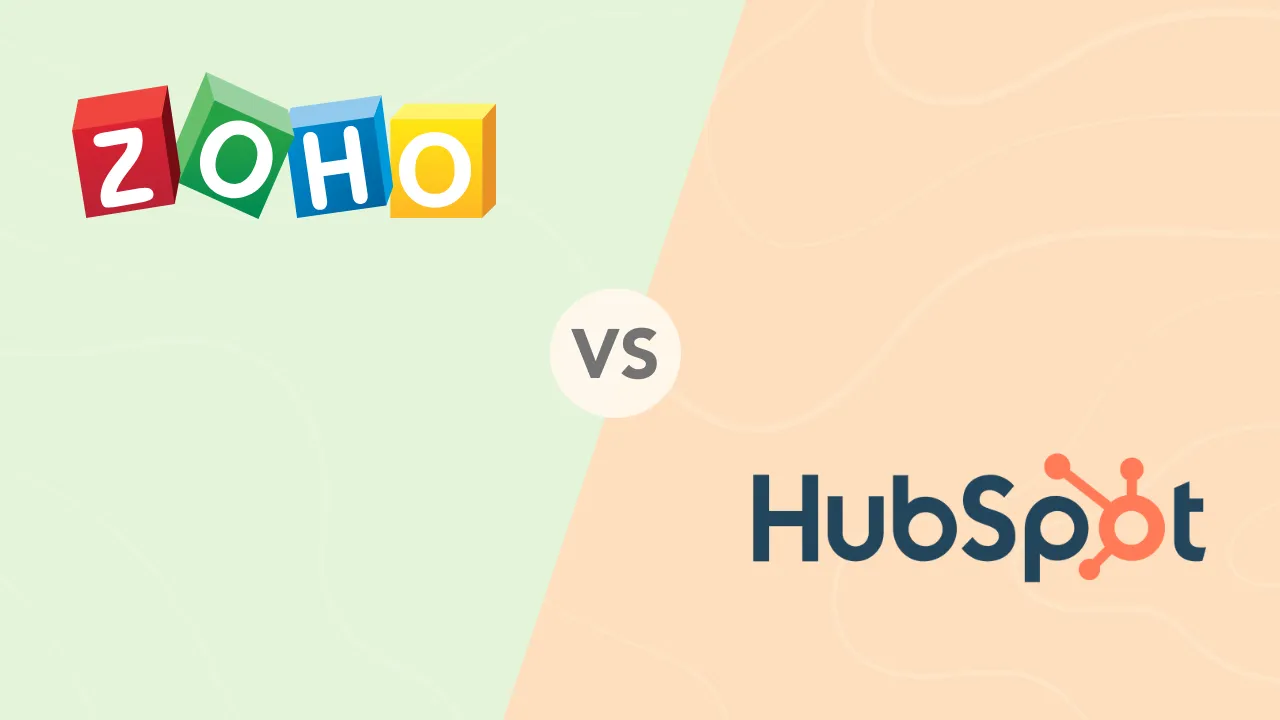What Are Merchant Services? How Small Businesses Accept Card & Online Payments

Merchant services are the suite of tools and systems that securely and efficiently enable businesses to accept and process non-cash payments, such as credit and debit cards, mobile wallets, online checkouts, and invoicing. They typically include a merchant account, payment processor, gateway, and necessary security measures, streamlining payment acceptance for physical stores, online shops, and service providers
If you own a business, whether a physical store, an online shop, or a service-based company, you need a way to accept customer payments. That’s where merchant services come in.
In this article, we’ll explain merchant services, how they work, and how to choose the right solution for your business. We’ve also included real-world examples, a provider comparison table, and a short glossary to make this topic as beginner-friendly as possible.
What Are Merchant Services?
Merchant services are the tools and systems that help businesses accept and process customer payments. This includes credit and debit cards, mobile wallets (like Apple Pay or Google Pay), online checkout systems, invoicing, and more.
In simple terms:
Merchant services help your business get paid securely and efficiently.
Merchant services allow you to accept non-cash payments, whether you run a retail store, manage service bookings, or sell products online.
Quick Glossary: Merchant Services Terms
- Interchange Fees – Fees charged by card networks (Visa, Mastercard) during each transaction.
- Chargeback – When a customer disputes a charge with their bank and asks for a refund.
- PCI Compliance – Security standards businesses must follow when accepting card payments.
- Batching – Grouping credit card transactions before they’re sent to the processor.
Real-Life Example:
How Lisa Uses Merchant Services to Grow Her Bakery
Lisa owns a small bakery in Austin, Texas. She sells pastries at her shop and occasionally at weekend farmer’s markets. She chose Square for her business because:
- She needed a mobile card reader she could use on her phone.
- Square didn’t charge monthly fees — she only pays per transaction.
- The software includes inventory tracking and customer insights.
As a result, Lisa doubled her weekend sales by offering card payments and sped up checkout in her store.
How Do Merchant Services Work?
Here’s a simple version of what happens when a customer pays you with a card:
- You collect the payment using a reader, a POS system, or a website.
- The transaction is sent to the payment processor.
- The processor checks with the customer’s bank for approval.
- If approved, the funds are sent to your merchant account.
- Within 1–3 days, the money is transferred to your business bank account, minus a small fee.
What’s Included in Merchant Services?
Here are the key parts of a typical merchant services setup:
- Merchant Account
A special account where customer payments are held before being transferred to your business bank. - Payment Processor
A service that handles the technical side of moving money between the customer and your account. - POS System (Point-of-Sale)
The software and hardware used in-store to accept payments and track sales. - Payment Gateway
The tool used to securely accept payments online (e.g., Stripe, PayPal, Authorize.net). - Security Tools
Protection against fraud, chargebacks, and compliance issues (e.g., PCI compliance).
Related Articles
Why Merchant Services Matter
Here’s why merchant services are essential for your business:
- Customers expect to pay with cards or phones.
- They speed up the checkout process.
- You can track sales and business data more easily.
- Some systems include tools like invoicing, loyalty programs, and inventory management.
- They make your business appear more professional and trustworthy.
Typical Merchant Services Costs
Here are the most common types of fees you might encounter:
| Fee Type | What It Means |
| Transaction Fees | A small % taken from each sale (e.g., 2.6% + $0.10 per swipe) |
| Monthly Fees | Some providers charge $10–$50/month for platform access |
| Equipment Fees | Cost to rent or buy card readers, terminals, or POS devices |
| Chargeback Fees | Fee if a customer disputes a payment (usually $15–$25) |
| Setup Fees |
Sometimes charged for onboarding or initial configuration |
Some providers offer flat-rate pricing, while others use interchange-plus, which varies depending on the type of card used.
Side-by-Side Comparison: Top Providers for SMBs
| Provider | Best For | Pricing Model | Notable Features |
| Square | Retail, food trucks | Flat rate | No monthly fees, POS tools, mobile-friendly |
| Stripe | Online businesses | Interchange-plus | Custom checkout, strong developer tools |
| PayPal | Freelancers, online stores | Flat rate | Easy setup, brand trust, and invoice support |
| Clover | Restaurants, salons, multi-location | Equipment + fees | Full-featured POS systems, inventory management |
| Helcim | Scaling SMBs | Interchange-plus | No contracts, volume discounts, and good support |
| Chase | Businesses needing integrations | Custom pricing |
Bank-level services, robust hardware options |
How to Choose the Right Merchant Services Provider
When picking a merchant services provider, here are some simple things to check:
- Clear pricing – Are the fees easy to understand? Any hidden costs?
- No tricky contracts – Do you have to sign a long-term deal? Can you cancel easily?
- Easy to use – Is the system simple for you and your staff to use?
- Works with your equipment – Will it work with your phone, tablet, or computer?
- Online payments – Can you accept payments through your website or send invoices?
- Good support – Can you reach customer service when you need help, even on weekends?
- Made for your business type – Do they understand your industry and its needs?
Final Thoughts
Merchant services are a must if you want to accept credit cards, debit cards, or digital payments. They make it easier for your customers to pay, help you get your money faster, and take much of the hassle out of day-to-day operations.
The right provider can save you time, simplify your workflow, and give you one less thing to worry about, so you can focus on what matters: growing your business.




